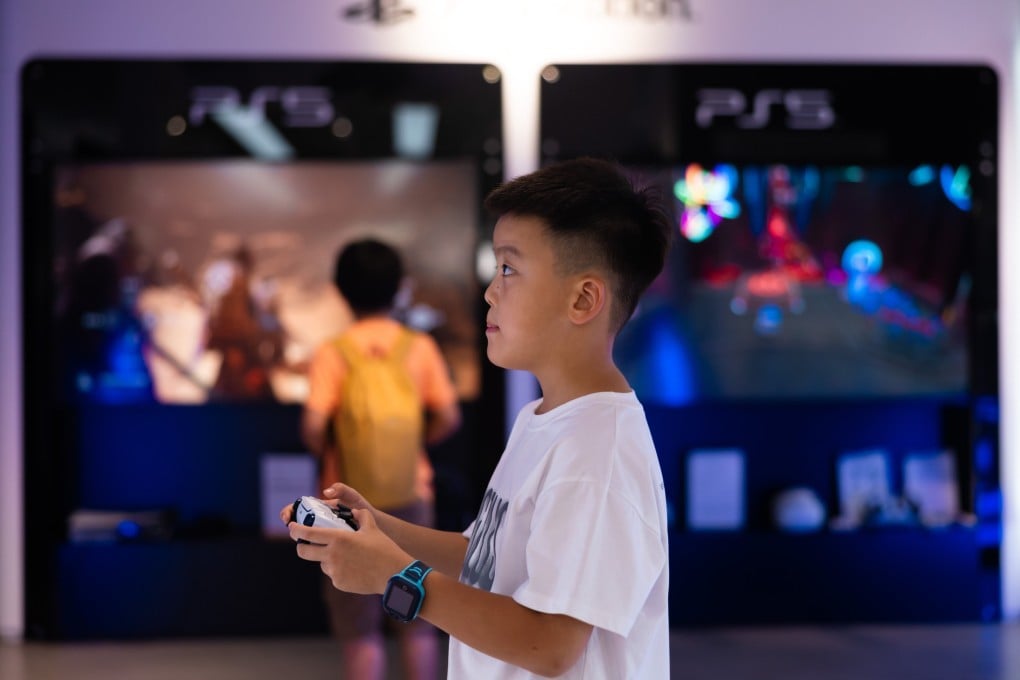Chinese regulators limit game playing time for kids to 15 hours a month during school break
Tencent and NetEase, China’s two biggest video-gaming firms, signalled their adherence to existing regulations during the winter school break

Chinese children will be limited to a total video game playing time of about 15 hours during their month-long winter school holiday, under strict rules designed to prevent them becoming addicted to games.
Tencent Holdings and NetEase, China’s two biggest video-gaming companies, have signalled their adherence to existing regulations, which add up to no more than 16 hours during the school holiday period which begins mid-January.
Tencent, which operates the world’s largest video gaming business by revenue, said on Thursday that children aged under 18 can play for up to 15 hours between January 13 and February 13, while its smaller rival NetEase has restricted gaming time for minors to no more than 16 hours between January 15 and February 14.
A time limit for young players – one hour per day on Fridays, Saturdays, Sundays and on statutory holidays – was imposed by the Chinese regulator in August 2021 over fears that too many young people were becoming addicted to video games. However, there is no limit for time spent engaging with other online entertainment, such as short videos.

Despite the strict limits, the Chinese government has softened its stance on gaming, viewing hit titles like Black Myth Wukong as a powerful tool to help promote Chinese culture. China’s video game licensing authority, the National Press and Publication Administration, approved more than 1,400 titles last year – including 1,306 domestic games and 110 from foreign publishers – marking the highest number since 2019.